The Polish Tribe on Haiti, Poland Haiti Connection
ADVERTISEMENT
Faced with the high mortality of their countrymen as they fought for a side they didn't agree with, the survivors left Napoleon and joined the Haitian struggle. They became well-loved and were included in the 1805 constitution. Articles 12 and 13 submit that the only white men allowed to hold land in Haiti besides Germans, who already had a small settling, were the Poles.
As nature and time would have it the Poles soon assimilated into Haitian culture and life, but not without first imprinting their own mark on the country and its people. The Polish icon, Matka Boska Częstochowska, highly valued by the community, was adopted and became the vodou Erzulie Dantor, a warrior spirit who protects women and children. The similarities between the two are as detailed as the scars on the right side of their faces.
The 'blue-eyed Haitians' of Cazale, where most of the Poles settled, are a further testament to the Polish permeation into Haitian society. Another wonderful contribution to boast is the link to Jerzy Grotowski, whose 1970 trip to Haiti and exposure to vodou inspired him to experiment with spirituality in his theatre work.
Read more: Polish, Poland, International
« Polish contribution to the Independence of Haiti | Main | Casal, Halti »
Leave a Reply
Name (required) E-mail (required, will not be published)
» »
Our objective is to share with you news and information about Haiti and the people of Haiti. Traditions, habits and the way we were or grew are alive in this site. We highly recommend that you Subscribe to our Newsletter and also share with us some of the things that are memorable and made us unique people.


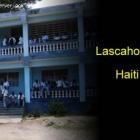 Lascahobas, Haiti
Lascahobas, Haiti 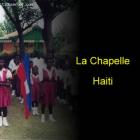 La Chapelle, Haiti
La Chapelle, Haiti 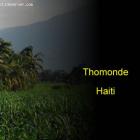 Thomonde, Haiti
Thomonde, Haiti 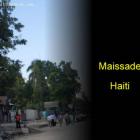 Maissade, Haiti
Maissade, Haiti 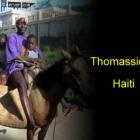 Thomassique, Haiti
Thomassique, Haiti